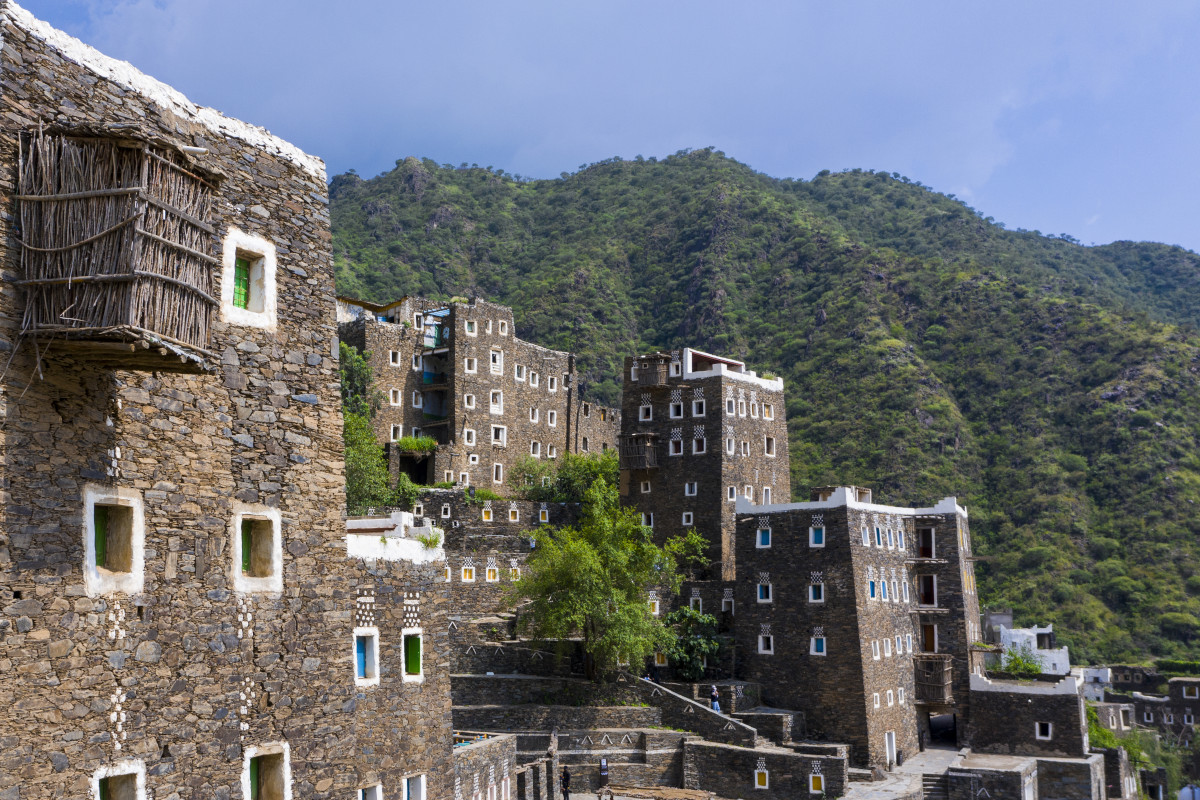Saudi Arabia is a newly emerging tourist destination that is attracting travelers from around the world, especially after its recent opening up and the relaxation of tourism restrictions. However, there are a few things you should be aware of before traveling to the Kingdom to ensure a smooth and enjoyable experience. In this article, we will cover the most important information and tips you need to know before visiting Saudi Arabia.
1. Obtaining a Visa
Saudi Arabia has significantly simplified the visa process for travelers, making it easier for tourists from many countries to enter.
Types of Visas:
Tourist e-Visa: Available for many nationalities and can be applied for online. It allows you to stay in Saudi Arabia for up to 90 days in a year.
Umrah and Hajj Visa: These visas are specifically for pilgrims and follow different procedures than tourist visas.
Tips:
Check if your nationality is eligible for an e-Visa before traveling.
Ensure all documents and information are correctly submitted when applying for the e-Visa to avoid any delays.
2. Local Laws and Customs
Saudi Arabia has strict laws regarding social behavior, and local customs and traditions are an integral part of daily life. Visitors are expected to respect these laws and customs to avoid any issues.
Tips:
Modest clothing: Visitors should dress modestly, especially women, who are required to wear an abaya in public. While covering the head is not mandatory, it's best to avoid tight or revealing clothes.
Public behavior: Avoid public displays of affection, as they are considered inappropriate.
Interacting with locals: It's important to respect local customs in greetings and communication, such as using "As-salamu alaykum" as a greeting and using titles in formal interactions.
3. Currency and Payment
The official currency in Saudi Arabia is the Saudi Riyal (SAR), and it will be the main currency you will need during your stay. Many places accept card payments, but it's always good to have some cash on hand.
Tips:
Currency exchange: You can exchange money at airports, banks, or currency exchange offices in major cities.
Electronic payment: Most shops and restaurants accept credit and debit cards, including international ones.
Tipping: While not mandatory, tipping is appreciated in places like restaurants and hotels. It’s common to tip around 10% of the bill.
4. Weather and Climate
Saudi Arabia is known for its dry desert climate, with extremely high temperatures in the summer, particularly in the interior regions like Riyadh. The weather can vary significantly depending on the region and season.
Tips:
Best time to visit: The winter months (November to March) are the best time to visit Saudi Arabia, as temperatures are milder.
Prepare for heat: If visiting during summer, wear lightweight cotton clothing and stay hydrated to avoid dehydration.
5. Getting Around the Kingdom
Saudi Arabia has modern infrastructure, including airports and highways, making transportation within the Kingdom convenient. There are various transportation options available.
Tips:
Domestic flights: Given the large size of the country, flying between major cities like Riyadh, Jeddah, and Dammam may be necessary.
Car rental: Renting a car is easy in most cities and airports, and it’s recommended if you plan to explore remote areas like the desert or mountains.
Apps: You can use apps like Uber and Careem to get around major cities.
6. Language and Communication
The official language of Saudi Arabia is Arabic, but English is widely spoken, especially in tourist areas, airports, and hotels.
Tips:
Learn some basic Arabic phrases: It’s helpful to learn a few key phrases in Arabic to communicate with locals.
English communication: Most hotel and restaurant staff speak English, so communication shouldn’t be a significant issue.
7. Food and Drink
Saudi cuisine is rich in flavors and spices, with many traditional dishes worth trying, such as Kabsa, Mandi, and Jareesh.
Tips:
Halal food: All food in Saudi Arabia is halal, in accordance with Islamic law.
Restaurants: There is a wide range of restaurants offering both international and local cuisine.
Water: It’s best to drink bottled water to avoid any potential health issues.
8. Safety and Health
Saudi Arabia is considered a very safe destination for tourists, but it’s still important to follow basic safety and health guidelines.
Tips:
Healthcare: Ensure you have travel insurance that covers medical expenses in case of an emergency.
Medication: If you require specific medications, bring them with you, along with an English-language prescription to explain any medications you are carrying.
General safety: Saudi Arabia has a low crime rate, but it’s always best to take precautions, such as not leaving valuables unattended.
9. Respect for Religious Practices
Saudi Arabia is home to the holiest sites in Islam, Mecca and Medina, and has strict laws regarding religious practices.
Tips:
Prayer times: You will notice that most shops and restaurants close during prayer times. Plan your schedule around these times to avoid inconvenience.
Ramadan: During the holy month of Ramadan, visitors should respect local customs by refraining from eating, drinking, or smoking in public during daylight hours.
10. Must-Visit Places in Saudi Arabia
There are many exciting tourist spots to visit in Saudi Arabia, ranging from historical and cultural landmarks to natural wonders.
Recommended places:
Historic Diriyah: A UNESCO World Heritage site located near Riyadh.
AlUla and Madain Saleh: An archaeological wonder with ancient temples and rock carvings.
Jeddah: A vibrant coastal city rich in history and home to the beautiful Jeddah Corniche.
Conclusion
Traveling to Saudi Arabia offers a rich cultural experience if you’re prepared to adapt to the local laws and customs. By preparing ahead of time and understanding the basics about visas, dress codes, transportation, and local traditions, you can enjoy a hassle-free trip and explore the unique beauty of this fascinating country.


